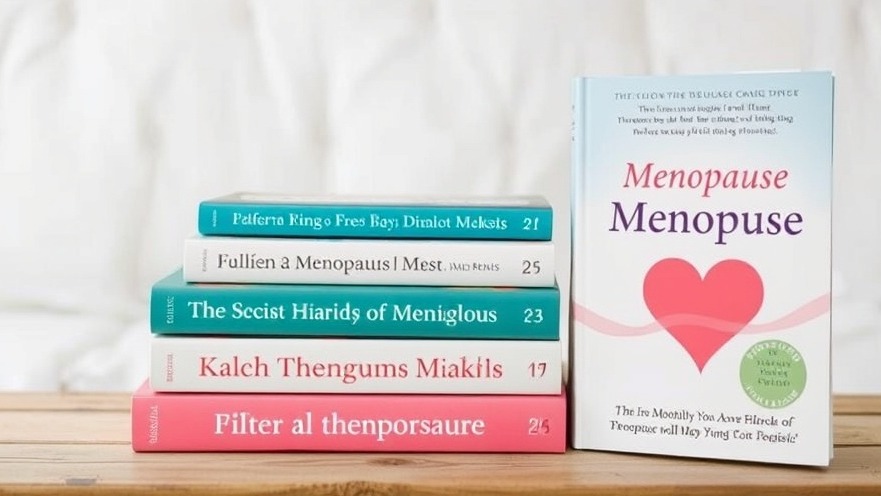
The Hidden Emotional Toll of Premature Menopause
For many women, premature menopause isn’t merely a physiological change; it carries profound emotional implications as well. Recent research indicates that nearly 30% of women diagnosed with premature ovarian insufficiency (POI) experience significant depressive symptoms. Factors such as age at diagnosis, the intensity of menopause symptoms, emotional support, and grief from potential infertility contribute to this stark reality.
Understanding Premature Menopause: More Than Just Hormones
Doctors often classify premature menopause as a condition where ovarian function ceases before age 40. While the physical symptoms like hot flashes and night sweats are well-known, the psychological toll manifests less visibly. This new study published in the journal Menopause sheds light on why some women cope better than others. The findings suggest that the interplay of genetics, social support, and life experience plays a crucial role in shaping individual responses to this life-altering diagnosis.
Key Risk Factors for Depression
The study identified critical risk factors influencing why certain women are more vulnerable to depression. Younger women at the time of diagnosis, those experiencing severe menopause symptoms, and women lacking emotional support were particularly affected. Surprisingly, whether or not they received hormone therapy did not appear to make a significant difference in the likelihood of depression, pointing towards the importance of psychosocial elements.
The Emotional Complexity of Infertility Grief
Among the most impactful findings was the emotional grief related to infertility. For many women, the loss of reproductive capability can shake their identity and redefine life goals. This experience is compounded by a lack of social support, which can lead to a feeling of isolation. When women feel they cannot talk about their experiences or receive understanding from their peers and families, the risk of depression increases markedly.
The Importance of Support Systems
As highlighted in the study, emotional support is not merely an add-on; it's a critical lifeline for women navigating the turbulent waters of premature menopause. Effective coping mechanisms, whether through friends, family, or support groups, can serve to alleviate some of the psychological burdens. Women going through this transition should seek out supportive environments where they can share their experiences and feelings safely.
Looking Ahead: Embracing a Holistic Approach
Understanding the interplay between hormonal changes and emotional health is essential. Recognizing that menopause is more than just a medical condition can lead to more supportive healthcare practices. Women are encouraged to be proactive, consulting with healthcare providers not just about their physical symptoms but also about their emotional well-being.
For those navigating premature menopause, being informed and supported during this complex time can pave the way for more resilient coping strategies. Seeking professional help and forming connections with other women facing similar experiences can significantly improve mental health outcomes. Taking charge of one’s health—both physical and emotional—will prove beneficial in the long term.
 Add Row
Add Row  Add
Add 




Write A Comment